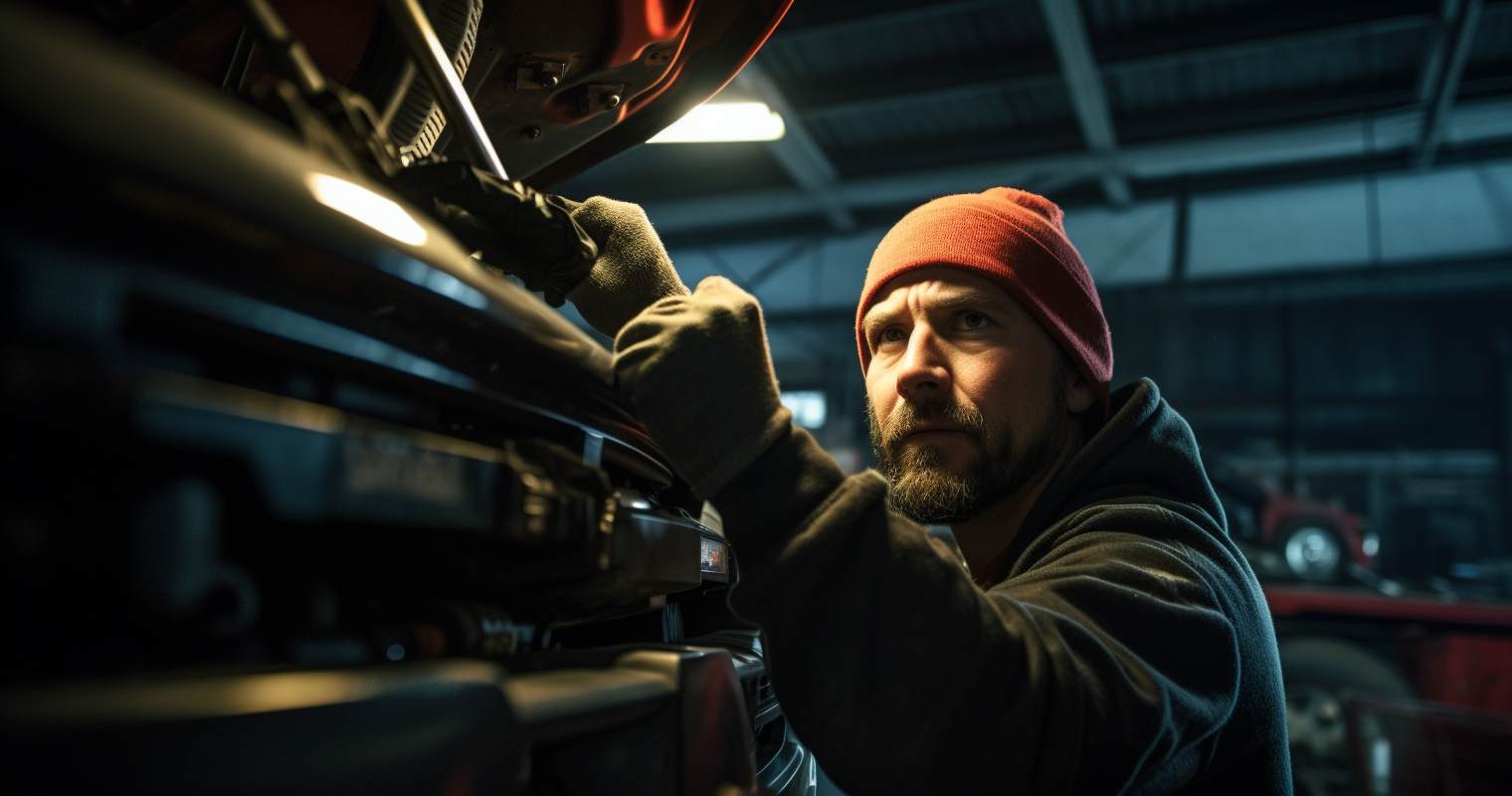Regular Vehicle Inspection Rules in South Korea
In South Korea, all vehicles are required to undergo a regular vehicle inspection, known as the Motor Vehicle Inspection. The frequency of the inspection depends on the age of the vehicle and its intended use. Private vehicles must be inspected every two years, while commercial vehicles must be inspected annually.
The Motor Vehicle Inspection checks the safety and roadworthiness of the vehicle, including the brakes, suspension, tires, emissions, and lights. If the vehicle passes the inspection, a certificate is issued, which is valid for a specified period.
It is important to note that driving a vehicle without a valid Motor Vehicle Inspection Certificate is illegal and can result in a fine or even impoundment of the vehicle. Additionally, failure to comply with the inspection requirements can lead to fines and even the suspension of the vehicle’s license.
While the Motor Vehicle Inspection is similar in nature to the British MOT, there are some differences in the inspection procedures and requirements. It is important for vehicle owners to be aware of these differences and ensure that their vehicle meets the South Korean standards.
General Standard of Vehicle Maintenance and Repair in South Korea
In South Korea, the standard of vehicle maintenance and repair work is high. There are many authorized repair centers and mechanics who provide high-quality service, and preventive maintenance is common among South Korean vehicle owners.
The government has placed a high priority on vehicle safety and technical standards, and the regulations and standards are strictly enforced. Additionally, there are many training programs and certification courses available for mechanics and repair technicians to ensure they have the necessary skills and knowledge to provide high-quality work.
Major Accident Breakdown Companies and Motoring Organizations in South Korea
In the event of a breakdown or accident, there are several companies and organizations that provide assistance to motorists in South Korea. Some of the major players in this industry include:
Korea Automobile Service Co., Ltd. (KASCO)
KASCO is the leading provider of roadside assistance and breakdown recovery services in South Korea. The company offers a range of services, including battery jump-starts, tire changes, and fuel delivery.
KASCO can be reached by calling their emergency number 1588-4000.
Korea Automobile Association (KAA)
KAA is a leading motoring organization in South Korea that offers a range of services, including roadside assistance, breakdown recovery, and towing services. The organization also provides a range of travel and tourism services.
KAA can be reached by calling their emergency number 1588-1880.
Hyundai Green Help Desk
Hyundai Green Help Desk is a 24-hour roadside assistance and breakdown recovery service provided by Hyundai Motor Company. The service is available to all Hyundai vehicle owners in South Korea and offers a range of services, including battery jump-starts, tire changes, and fuel delivery.
Hyundai Green Help Desk can be reached by calling their emergency number 1588-4199.
In conclusion, South Korea has strict rules and regulations regarding regular vehicle inspections to ensure that all vehicles on the road are safe and roadworthy. The country has a high standard of maintenance and repair work, thanks to a culture of preventive maintenance and strict government regulations.
In the event of a breakdown or accident, motorists in South Korea have several options for assistance, including established companies like KASCO, KAA, and Hyundai Green Help Desk. Overall, the combination of strict regulations, a culture of preventive maintenance, and a network of assistance providers and motoring organizations makes South Korea a safe and reliable place for motorists. Vehicle owners should ensure that they are aware of the inspection procedures and requirements and only use authorized repair centers and mechanics for maintenance and repairs, and carry the contact information of one or more roadside assistance providers or motoring organizations in case of an emergency.

